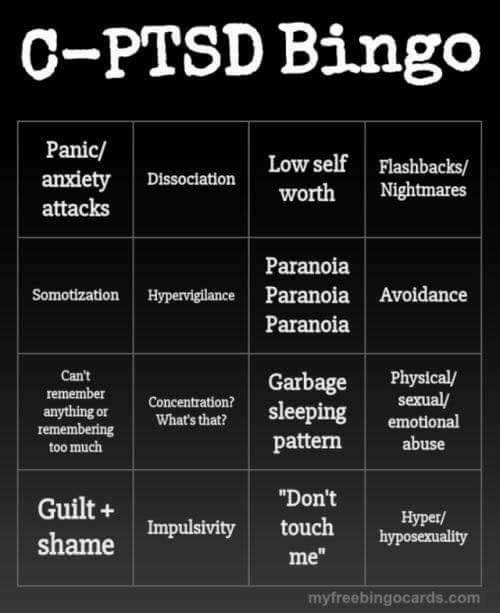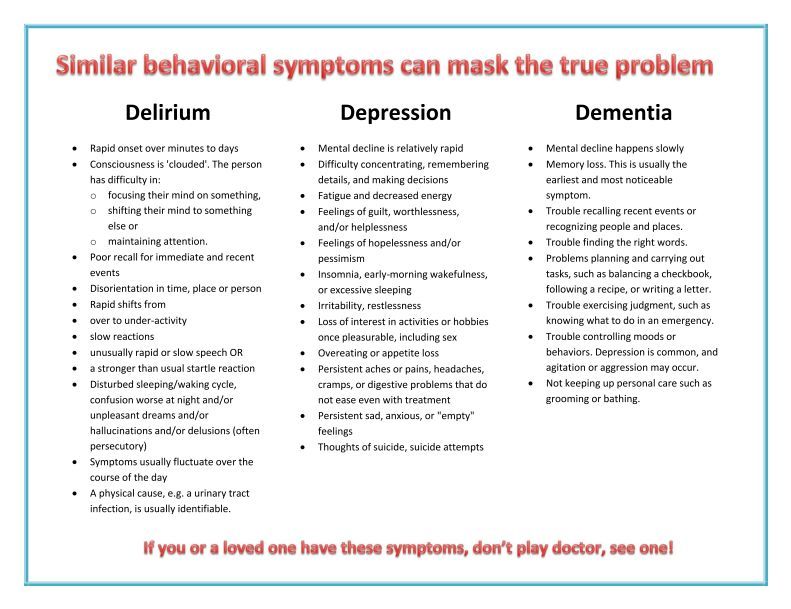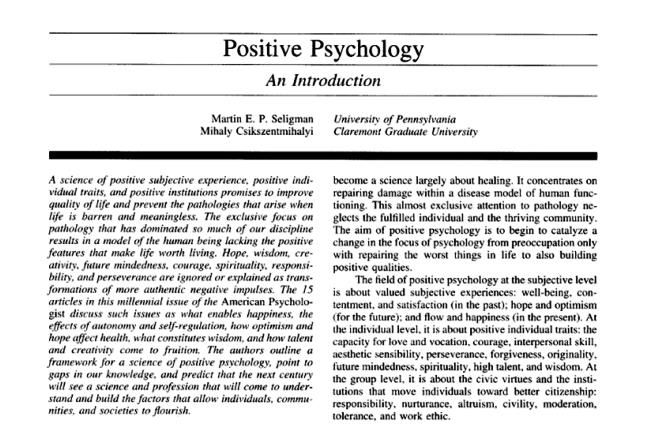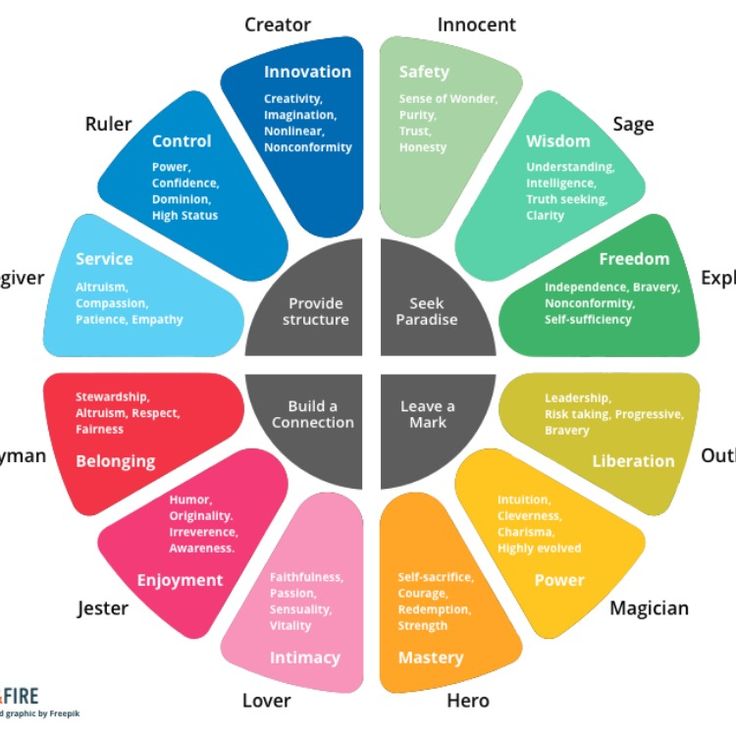Making me angry
Why am I so angry?
Anger tells us we need to take action to put something right. It gives us strength and energy, and motivates us to act.
But for some people, anger can get out of control and cause problems with relationships, work and even the law.
Long-term, unresolved anger is linked to health conditions such as high blood pressure, depression, anxiety and heart disease.
It's important to deal with anger in a healthy way that doesn't harm you or anyone else.
How common are anger problems?
In a survey by the Mental Health Foundation, 32% of people said they had a close friend or family member who had trouble controlling their anger and 28% of people said they worry about how angry they sometimes feel.
Even though anger problems can have such a harmful effect on our family, work and social lives, most people who have them don't ask for help. In the same survey by the Mental Health Foundation, 58% of people said they didn't know where to seek help.
Sometimes people don't recognise that their anger is a problem for themselves and for other people. They may see other people or things as the problem instead.
What makes people angry?
Anger is different for everyone. Things that make some people angry don't bother others at all. But there are things that make lots of us feel angry, including:
- being treated unfairly and feeling powerless to do anything about it
- feeling threatened or attacked
- other people not respecting your authority, feelings or property
- being interrupted when you are trying to achieve a goal
- stressful day to day things such as paying bills or rush hour traffic
Anger can also be a part of grief. If you are struggling to come to terms with losing someone close to you, the charity Cruse Bereavement Care Scotland can help.
How we react to anger
How you react to feeling angry depends on lots of things, including:
- the situation you are in at the moment – if you're dealing with lots of problems or stress in your life, you may find it harder to control your anger
- your family history – you may have learned unhelpful ways of dealing with anger from the adults around you when you were a child
- events in your past – if you have experienced events that made you angry but felt you couldn't express your anger, you may still be coping with those angry feelings
Some people express anger verbally, by shouting. Sometimes this can be aggressive, involving swearing, threats or name-calling.
Sometimes this can be aggressive, involving swearing, threats or name-calling.
Some people react violently and lash out physically, hitting other people, pushing them or breaking things. This can be particularly damaging and frightening for other people.
Some of us show anger is passive ways, for example, by ignoring people or sulking.
Other people may hide their anger or turn it against themselves. They can be very angry on the inside but feel unable to let it out.
People who tend to turn anger inwards may harm themselves as a way of coping with the intense feelings they have. Young people are most likely to self harm.
The difference between anger and aggression
Some people see anger and aggression as the same thing. In fact, anger is an emotion that we feel while aggression is how some of us behave when we feel angry.
Not everyone who feels angry is aggressive, and not everyone who acts aggressively is angry. Sometimes people behave aggressively because they feel afraid or threatened.
Read more about anxiety, fear and controlling your anger.
Alcohol and some illegal drugs can make people act more aggressively.
If uncontrolled anger leads to domestic violence, or threatening behaviour within your home, talk to your GP or contact a domestic violence organisation such as:
- Refuge
- Scottish Women's Aid
- Abused Men in Scotland
- The LGBT Domestic Abuse Project
- Survivor Scotland
How can I handle my anger better?
For more advice on dealing with anger, you can:
- read about how to control your anger
- download the Mental Health Foundation's Cool Down: anger and how to deal with it leaflet
- visit Mind's website for tips from the charity on dealing with anger in a healthy way
Is My Medical Condition (or Medicine) Making Me Angry?
Written by WebMD Editorial Contributors
In this Article
- Could It Be Dementia
- Could It Be Anxiety Drugs or Sleeping Pills?
- Could It Be Autism?
- Could It Be Cholesterol Medicine?
- Could It Be Depression?
- Could It Be Diabetes?
- Could It Be Epilepsy?
- Could It Be Liver Failure?
- Could It Be PMS or Menopause?
- Could It Be a Stroke?
- Could It Be an Overactive Thyroid?
- Could It Be Wilson’s Disease?
Anger is a natural, healthy emotion. But frequent outbursts can be harmful to your health. You could have some emotions you need to sort through, or there could be a medical reason. A number of conditions and some medical treatments have rage as a side effect.
But frequent outbursts can be harmful to your health. You could have some emotions you need to sort through, or there could be a medical reason. A number of conditions and some medical treatments have rage as a side effect.
Could It Be Dementia
As many forms of dementia (like Alzheimer’s or Lewy Body Dementia) progress, people tend to lash out in frustration. It can be especially tough on the caregiver to deal with sudden bouts of fury. Anger is a common symptom, so caregivers should take a step back and look for the immediate cause, whether it’s physical discomfort or trouble communicating.
Could It Be Anxiety Drugs or Sleeping Pills?
Benzodiazepines are widely prescribed for a number of anxiety conditions such as panic disorder, posttraumatic stress disorder (PTSD), and obsessive-compulsive disorder (OCD). Doctors also may use them to treat insomnia. Fits of anger are a rare but harmful side effect of these drugs, especially for those with an already aggressive personality.
Could It Be Autism?
Anger is not unusual for people on the autism spectrum. The rage can come on suddenly, seemingly from nowhere, and then vanish just as quickly. Triggers include stress, sensory overload, being ignored, and a change in routine. A person with autism spectrum disorder may have trouble communicating, making things even harder. They may not even realize they are acting out of anger. Part of the solution is becoming more aware of themselves and situations.
Could It Be Cholesterol Medicine?
Statins are widely prescribed to lower cholesterol. But some studies show that these drugs are connected to aggression as well. Experts say that low cholesterol also lowers levels of serotonin (your happiness hormone), which can lead to a short temper and depression.
Could It Be Depression?
Irritability often goes along with despair. Depressed men in particular are more likely to have violent explosions. It’s often described as “anger turned inward,” but it can be turned outward, too. This mood disorder is treatable with medication and therapy.
This mood disorder is treatable with medication and therapy.
Could It Be Diabetes?
When you're told you have a serious illness like diabetes, you're likely to have a lot of emotions, including anger. People might resent having to change their lifestyle. They might also be scared about how it will affect their future. With diabetes, there is a link between lower-than-normal blood sugar numbers and flying off the handle. This is because the hormones used to control your glucose (sugar) levels are the same ones used to regulate your stress. Keeping your glucose in check will help.
Could It Be Epilepsy?
An epileptic seizure is an electrical disturbance in the brain. It can cause uncontrollable shaking and even loss of consciousness. That can be scary and confusing for someone. It's rare, but sometimes people lash out right after having a seizure. People with epilepsy are also more likely to feel self-conscious, depressed, and anxious. Sometimes anti-seizure medicines can cause behavior changes or outbursts, particularly in kids.
Could It Be Liver Failure?
Chinese medicine ties chronic anger with poor liver function. Left untreated, inflammation, the early stages of diseases like cirrhosis and hepatitis, can damage the liver. When this organ fails, it stops removing toxic substances from the body. The buildup of poisons can lead to hepatic encephalopathy, a brain disorder that causes personality changes and loss of control.
Could It Be PMS or Menopause?
Some men might joke about it, but the agitation felt during a woman’s period is real. With premenstrual dysphoric disorder (PMDD), a more intense but less frequent form of PMS, anger can be extreme. Levels of estrogen and progesterone (hormones) fall the week before a woman's period. This in turn can affect their serotonin levels. The drop in hormones is also the reason for the moodiness associated with menopause.
Could It Be a Stroke?
A stroke can physically damage the brain. And if it strikes the area responsible for emotions, this can lead to changes in behavior like a rise in irritability.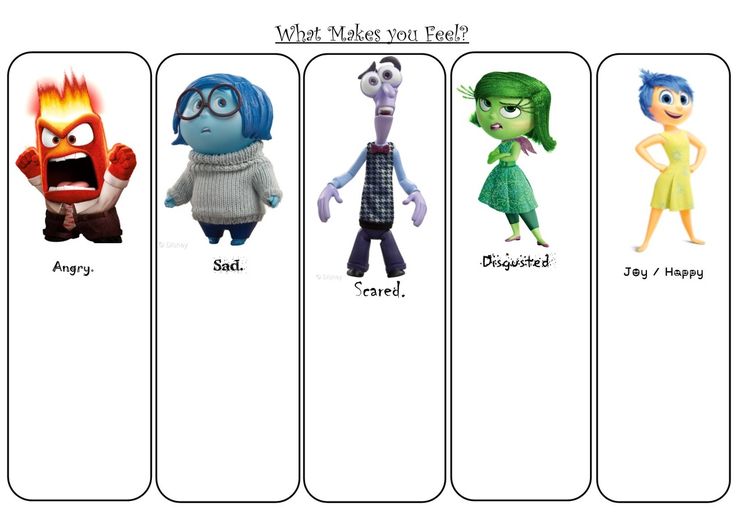 This new shift is typical after such a life-changing scare.
This new shift is typical after such a life-changing scare.
Could It Be an Overactive Thyroid?
Hyperthyroidism is when the thyroid gland produces too much thyroid hormone. This hormone has a direct effect on a person’s mood, linking the condition with a rise in tension and anxiety. It's treated with medication.
Could It Be Wilson’s Disease?
This rare genetic defect causes a buildup of copper in the liver or brain. If the disease attacks the frontal lobe of the brain, which is tied to personality, it can cause aggravation and fury.
If you think one of these conditions or treatments might be causing your rage, talk to your doctor.
Need help managing your anger? Ask your doctor to refer you to a counselor.
Here are some other useful tips:
- Try deep breathing and positive self-talk.
- Talk through your feelings and seek the support of others.
- Keep a log of your angry thoughts.
- Learn to assert yourself in healthy, productive ways.

- Look for the humor in situations.
Health & Balance Guide
- A Balanced Life
- Take It Easy
- CAM Treatments
Is it normal that a loved one pisses you off, and how to deal with it
March 8, 2022 Relationship
Irritation can be good for your relationship.
You can listen to the article. If it’s more convenient for you, turn on the podcast:
Again he didn’t close the tube of toothpaste or lowered the toilet lid, and she took too long to get ready or shifted important documents somewhere. It seems to be trifles, but they just piss me off to the point of horror - and now another quarrel flares up from scratch. Does this mean that people no longer love each other, and their relationship is under threat? Psychologists think not: irritation, on the contrary, can be a sign that everything is in order with the couple.
Why it is normal to be angry with a partner
French sociologist Jean-Claude Kauffman believes that irritation, discontent and nit-picking are an element of any serious relationship. If you spend a lot of time with a person and even more so if you live together, your views on life and habits will inevitably collide.
All those untidy things, unclosed lids, wasted money, broken dishes… Not to mention the fierce battles between owls and larks or the scandals that a partner is stuck on the phone too much.
Grunts, sidelong glances, exchange of barbs or even quarrels - most often there is nothing terrible in them. And not a single, even the strongest couple can avoid such situations.
Kauffman is echoed by relationship expert Kira Asatryan. She says that if people get irritated with each other and periodically quarrel, then their relationship is healthy. And that's why.
You feel comfortable with each other…
At the very beginning of a relationship, we usually try to show our best side and carefully hide the habits and qualities that, in our opinion, can alienate a partner.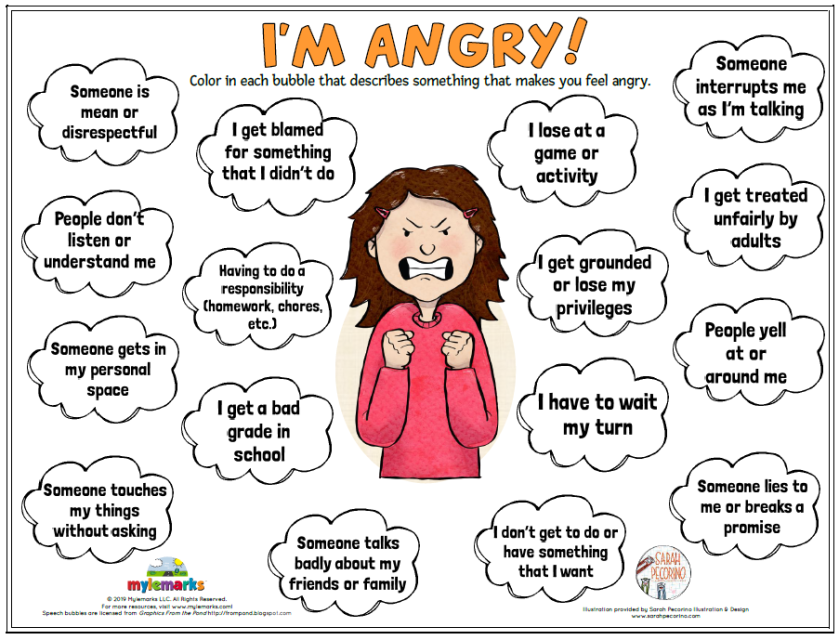 We don’t walk around the house in stretched pants, we don’t throw half-empty cups of tea all over the apartment and, of course, we keep negative emotions under control.
We don’t walk around the house in stretched pants, we don’t throw half-empty cups of tea all over the apartment and, of course, we keep negative emotions under control.
But when relationships reach a new level and become stronger and deeper, we relax and let our true selves go free.
And it is not always characterized by peacefulness and restraint. In general, if you grumble, argue and bicker, then you are confident in your partner. And you know that he loves you and will not be afraid of such a trifle as periodic outbursts of discontent.
… but at the same time you are not indifferent to each other
It is believed that strong and happy couples never quarrel. But a complete calm in a relationship may indicate that people simply do not care about each other. That they have moved away and no longer experience any vivid emotions: neither positive nor negative.
In a word, irritation and dissatisfaction mean that there is definitely life in a relationship. Although this, of course, does not apply to situations where all communication between partners consists of criticism, quarrels and nit-picking.
Although this, of course, does not apply to situations where all communication between partners consists of criticism, quarrels and nit-picking.
Irritation is a reason to work on yourself
Tracking what makes you angry and analyzing why it happens will help you to know yourself better. And at the same time identify weaknesses and work on them and on your relationship.
For example, you are terrified that your partner is lying on the couch all weekend with a book, a phone or a controller from a set-top box. The problem is probably that you have different ideas about the perfect vacation - then you should find a compromise or just spend time separately.
It may also be that you yourself are not able to let go of yourself and relax - and therefore get angry at a loved one who indulges in idleness with might and main.
In this case, you need to learn how to relax and do nothing - for example, try different relaxation techniques. Or figure out why a lazy pastime makes you feel guilty, ashamed, and afraid.
Or figure out why a lazy pastime makes you feel guilty, ashamed, and afraid.
How to deal with irritation
No long-term relationship is complete without grumbling and dissatisfaction. But sometimes it happens that there are too many quarrels and mutual irritation. And it can really ruin a relationship or make it completely unbearable.
After all, no one likes to hear reproaches all the time or see their partner constantly walking around with a sour face. If a loved one pisses you off so much that your relationship is in jeopardy, it may be worth heeding the advice of psychologists.
Analyze how irritation affects your couple
Maybe you attach too much importance to small skirmishes, and your partner hardly notices them or treats them as something natural. Well, they argued, well, they flared up. And then the "guilty" nevertheless went and took out this ill-fated garbage - and that's it, peace is at home again.
But it also happens that dissatisfaction accumulates - and small skirmishes flare up more and more often to full-scale scandals with screams and tears.
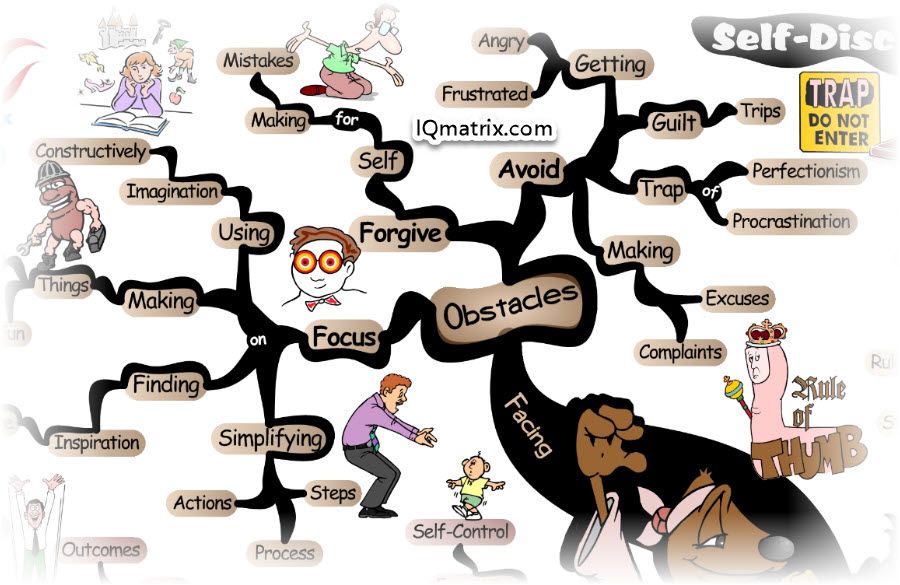
And then people start moving away. For example, they try to stay longer at work, just not to listen to lectures and not to catch sidelong glances on themselves. Or avoid spending weekends together.
At this stage, it is worth considering whether it is really irritation that is to blame for everything, or whether it is the problem that lies behind it. Not taking out the garbage or systematically throwing away socks can be just the tip of the iceberg.
But in fact, all this is a manifestation of laziness and indifference, which indicates that the partner is irresponsible, does not respect your work, does not want to invest in relationships and share household duties with you. And in this case, it is this that worries and angers you, and not the socks themselves. So, it is necessary to solve the problem itself, and not its symptoms.
Start with yourself
There are two sides to a conflict in one way or another. It cannot be that the responsibility lies entirely with one person, and the second participant is simply a victim of circumstances who cannot do anything at all.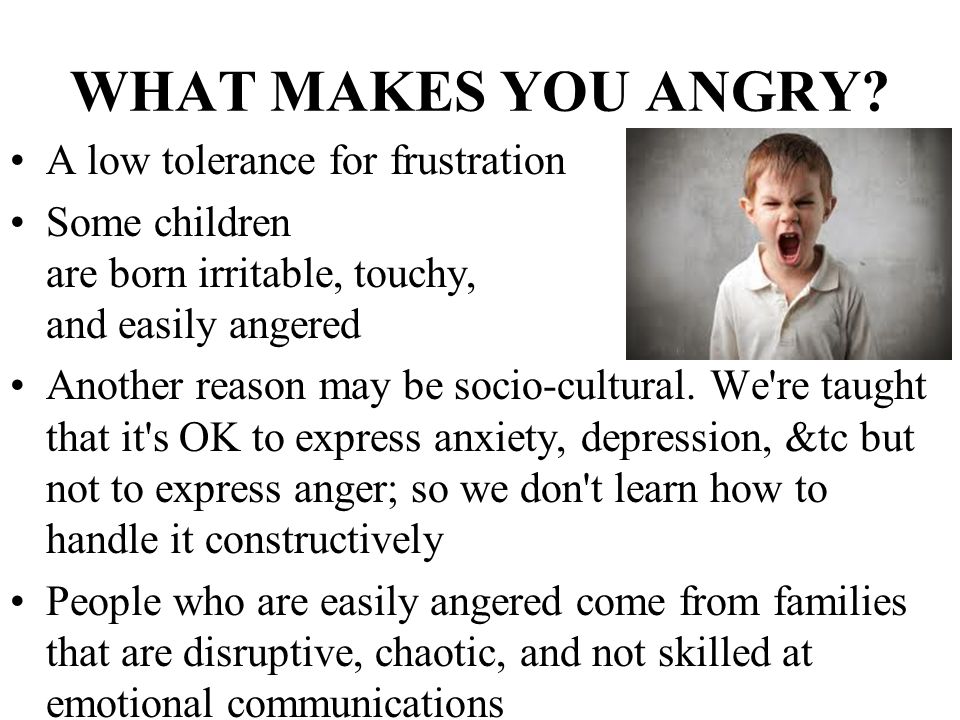
For example, your spouse puts a coffee cup on a white table, once again ignoring saucers and coasters. You imagine how a round brown mark remains in this place, and you begin to boil. Then you have several options for action:
- Flare up and tell your partner that you are tired of all this.
- Silently offer him a saucer.
- Close your eyes to what is happening.
- Calmly explain that you are very upset by these spots.
- Buy a table that does not leave coffee marks.
Yes, you didn't put the ill-fated cup on the table. But it's up to you to choose whether to start a fight or stew in your own indignation. You are not responsible for another adult and their actions, but you can start with yourself. Do not automatically react to the stimulus, but take a few deep breaths and think about what paths are open to you now.
Remember that when you show irritation, you become even more angry.
It seems that if you reprimand a person, you will feel better. But it is not always the case. Endless grumbling, on the contrary, serves as a catalyst for irritation. The more you sort through the sins of your half in your head, the more you annoy yourself. Because all this is completely unconstructive and does not lead to a solution to the problem.
But it is not always the case. Endless grumbling, on the contrary, serves as a catalyst for irritation. The more you sort through the sins of your half in your head, the more you annoy yourself. Because all this is completely unconstructive and does not lead to a solution to the problem.
It would be much more effective to discuss what is happening with a partner:
- Tell about your feelings using "I" messages: "I get very angry when my requests are ignored", "I worry that we will not have enough money."
- Avoid accusations and attacks: “You always scatter everything!”, “You are irresponsible and think only of yourself.”
- Suggest a solution to the situation: "Let's make a schedule for cleaning the apartment and try to follow it", "I think it's worth starting to keep a family budget."
- Listen carefully to the other side and come to a common denominator.
If the reason for irritation was quite insignificant and you flared up because it's just such a stupid day, tell your loved one about it too. Sometimes everyone needs to be pitied and "taken in hand."
Sometimes everyone needs to be pitied and "taken in hand."
Read also 🧐
- How to understand that your relationship is really serious
- 21 signs that your relationship is going to hell
- Compatibility and chemistry: how to build a fulfilling relationship
What to do if everything infuriates and irritates?
From time to time everyone wants to say the phrase “How everything infuriates me!”. And this is not surprising, because life consists not only of positive events.
Everyone knows the feeling of anger - this is a normal human emotion, which has its advantages. A flash of negativity allows you to throw out negative energy, can give motivation and stimulate activity. But sometimes everything infuriates to such an extent that the emotional state gets out of control: problems begin in personal relationships, work and other areas of life. In this case, anger becomes destructive and requires correction.
Anger is a negatively colored emotional state of varying intensity: from moderate irritation to intense rage. Such a reaction is reflected not only in mood and behavior, but also in the physiological parameters of the body. When a person is too long or too much infuriated by everything around, then the following physical changes appear:
Such a reaction is reflected not only in mood and behavior, but also in the physiological parameters of the body. When a person is too long or too much infuriated by everything around, then the following physical changes appear:
- Increased activity of the limbic system, and then the adrenal glands and cerebral cortex, which leads to an intensive release of the corresponding hormones
- Hyperemia (redness) of the skin due to increased blood circulation
- Rapid heartbeat and breathing
- Increased blood pressure
- Muscle tension
- Increased sweating
- Scattered and narrowed attention
The patient may notice that his emotional background is not in order, because it interferes with a normal life. Usually a person says something like “I suck and therefore I can’t control myself”, but does not perceive this as a pathological condition with serious consequences.
If everything irritates you regularly, be prepared for the fact that this will negatively affect your health, because the listed symptoms keep the body in great tension.If they occur too often, then this can lead to a breakdown of the adaptive mechanisms of the psyche and the body as a whole.
Uncontrolled attempts to suppress anger are also dangerous. Suppressed external aggression develops into auto-aggression, that is, it is directed inside oneself. This can lead to pathological consequences in the form of the development of passive-aggressive behavior, neuroses, psychosomatic disorders and various addictions. There is an effect on different systems of the body, such as cardiovascular, immune, digestive and nervous. This leads to an increased risk of developing hypertension and stroke, exacerbation of stomach and intestinal ulcers, and reduces immunity.
If you feel that the environment annoys you too often, then try to determine the cause and deal with it. Otherwise, it can cause significant harm to the physical and mental state.
Why is everything annoying
Anger is a secondary emotion that arises in response to a perceived threat. Anger itself is not considered a separate disease, but it is a common symptom of various pathological conditions. Reasons why everything infuriates and irritates:
Anger itself is not considered a separate disease, but it is a common symptom of various pathological conditions. Reasons why everything infuriates and irritates:
- Personal characteristics. Temper is the backdrop for developing anger control problems.
- Childhood and upbringing. Some set behaviors and triggers may be related to the past. The cause of persistently suppressed anger may be related to the period of childhood: for example, punishment for expressing feelings or observation and fear of adults in anger.
- State of stress. Life's difficulties that lead to stress exhaust the nervous system and are a common reason why everything is annoying.
- Mental illness. Anger and irritability can be symptoms of obsessive-compulsive or bipolar disorder, depression, attention deficit disorder in children, and other ailments.
- Hormonal imbalance. Complaints of irritability and emotional lability are characteristic of hyperparathyroidism, hyperthyroidism, thyroiditis, and hypercortisolism.
 Also the question "Why does everything infuriate me and want to cry?" pregnant women and girls during PMS are often asked. This is due to a change in the hormonal background, in particular, the level of progesterone.
Also the question "Why does everything infuriate me and want to cry?" pregnant women and girls during PMS are often asked. This is due to a change in the hormonal background, in particular, the level of progesterone. - Use of drugs and large amounts of alcohol. Drugs change the physiological processes of the body and have a detrimental effect on the psyche. Even isolated cases of use may be enough. The state of drug intoxication and withdrawal symptoms always become the reason why anger is inside and everything is annoying.
- Chronic pain and somatic diseases. They do not allow to relax, sleep and exhaust the nervous system.
Irritability can be triggered both by sudden and short-term incidents, and by long-term situations. A person cannot always catch the reason why everything infuriates. This means that the elimination of the problem is unlikely. It happens that the response splashes out immediately, but sometimes it is suppressed and accumulates. The latter option is dangerous both for the state of health and for the environment - internal aggression can result in unpredictable aggressive actions.
The latter option is dangerous both for the state of health and for the environment - internal aggression can result in unpredictable aggressive actions.
Any of the reasons why everyone around you is annoying can be eliminated with the right approach. The problem does not always lie on the surface. Complex psychotherapeutic work may be required along with laboratory and instrumental examination of the body. If you cannot understand why everything annoys and infuriates what the reason is, an experienced specialist will definitely be able to figure it out. You should not put off seeking help, because the sooner you start to deal with the problem, the less consequences there will be for both health and social life.
What to do if everything infuriates and irritates
It is believed that anger is almost never a primary emotion. In most cases, with the help of anger, the subconscious mind tries to protect itself from feelings such as guilt, fear, pain, humiliation or powerlessness. If you have a negative attitude from morning to evening and you don’t know what to do when everyone is enraged, the advice of a psychologist can help you:
If you have a negative attitude from morning to evening and you don’t know what to do when everyone is enraged, the advice of a psychologist can help you:
- Accept the fact that you have trouble controlling your anger. Aggression is an inefficient and incorrect way of social interaction that leads to negative consequences and destroys relationships.
- Examine outbursts of negative emotions. Keeping an anger diary helps with this: write down the reasons for aggression there and evaluate the intensity. This will allow you to understand that the phrase “everything infuriates me how to deal with it” is not always true, because dissatisfaction has very specific reasons that cannot always be noticed without a close analysis of the situation.
- Use sports to release negative energy. Regular exercise and walking helps to stabilize the emotional state.
- If irritability has appeared recently and is associated with temporary difficulties, then rest will help you: change the situation, get enough sleep, do pleasant things.
 So that the nervous system can work with new forces, give it a break.
So that the nervous system can work with new forces, give it a break. - Talk to loved ones. Obstacles are difficult to overcome alone. If you don't know what to do when everything is annoying and you don't want anything, the advice and support of loved ones can help
- Control the situation. Try to experience the next outburst of anger consciously. Mentally tell yourself: "This is not the biggest problem in the world, I can handle it." Do not respond with instant aggression, speak in an even voice, do not dwell on an unpleasant situation.
- Don't be afraid of professional help. If you have been regularly catching yourself thinking “everything is pissing me off how to calm down” for a long time and you can’t cope with it, don’t wait for the worst consequences. Seek help from a psychiatrist-psychotherapist or psychologist.
Everyone wants to get universal advice like “if everything infuriates you, do this or that and everything will pass right away. ” Unfortunately, that doesn't happen. The psychological and physiological features of the development of anger are complex, so it is not always possible to cope with the problem on your own. If general advice does not help, then you should seek the help of a specialist who will determine what to do with irritability and anger in your particular case.
” Unfortunately, that doesn't happen. The psychological and physiological features of the development of anger are complex, so it is not always possible to cope with the problem on your own. If general advice does not help, then you should seek the help of a specialist who will determine what to do with irritability and anger in your particular case.
Psychotherapy. If you want to know what to do when everything is infuriating and annoying, then psychotherapy is a recognized method for solving problems in the emotional sphere. Cognitive behavioral therapy identifies pathological thoughts and internal beliefs that influence emotions and actions. The goal is to change the mindset that leads to anger responses into healthier and more productive ones. Also, psychotherapeutic techniques work on the problems of childhood traumas, inferiority complexes, parental prescriptions and other causes of inadequate emotional response.
Transactional analysis, group and family psychotherapy are used.

